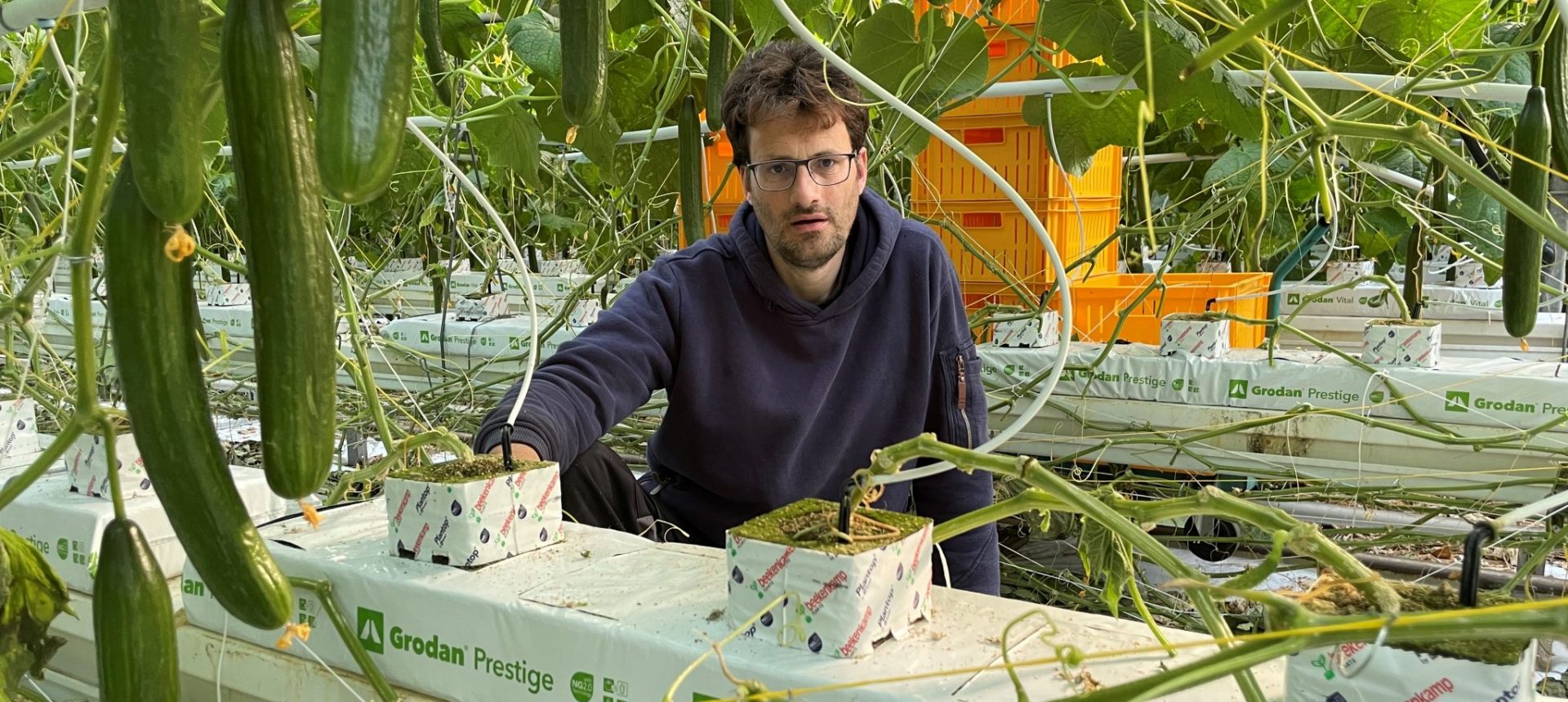Innovative and sustainable growing media solutions for global horticulture
By 2050 the world’s population will need twice as much food as it does today. But our resources, especially water, will be increasingly constrained. Furthermore, biodiversity serves as a crucial element to sustainable development, but is also declining.
Worldwide, more than 6,000 plant species have been cultivated for food, but today, only 9 of them account for 66% of total crop production. Safeguarding natural resources and biodiversity is thus critical to people’s health and planetary wealth.
We need a shift towards a greener economy as a major element of the transition to a net-zero emissions society, and it requires action on all fronts. Regarding food production, we need to take steps in a more environmentally friendly direction and reverse trends that lead to biodiversity loss.
Innovative tools enable Precision Growing
According to a 2020 study*, high-tech greenhouses have the biggest positive impact on the UN Sustainable Development Goals compared to all other growing systems and score highest within water and nutrient efficiency. Additional research shows that the use of stone wool Precision Growing media in a greenhouse rather than soil to grow vegetables can produce higher yields with significantly less water**. Experiments have resulted in water savings of more than 95 percent in tomato growing using stone wool***. The key is precision. In soil, not all the water reaches the root zone where it is needed, and this can quickly lead to excessive irrigation. The essence of Precision Growing is the use of less soil, less water, less fertiliser, lower CO2 emissions, and gaining a higher yield.
Grodan is the global leader in supplying innovative, sustainable stone wool growing media solutions for the professional horticulture industry. Based on Precision Growing principles these solutions are used to cultivate a variety of crops among others tomatoes, cucumbers, sweet peppers, eggplants.
Grodan’s innovative growing solutions facilitate the sustainable production of healthy, safe, and fresh food produce. Furthermore, it creates the possibility to use biocontrol and reduce or even eliminate the use and risk of chemical plant protection products.
Less land for growing. More for biodiversity.
With Grodan growing media, the growers are able to increase yield significantly – up to 6 times higher than conventional in-soil horticulture, year-round independent of soil quality. The harvest season is prolonged to 48 weeks and greenhouses can be placed in arid climates without any negative impact on food quality, nutrition and yield.
At the same time, stone wool does not buffer water. The closed system and re-use of drain water results in no surface water pollution, less use of water and fertiliser and less use of pesticides. The water savings amount to +50% and 100% purification of water is possible. Grodan stone wool growing media enables innovative irrigation and recycling of drain water.
Substrate growing does not require fertile land, and less land is needed because of the high yield per square meter. Precision horticulture and the use of Grodan growing media reduce land requirements for vegetables by 75% or more.


